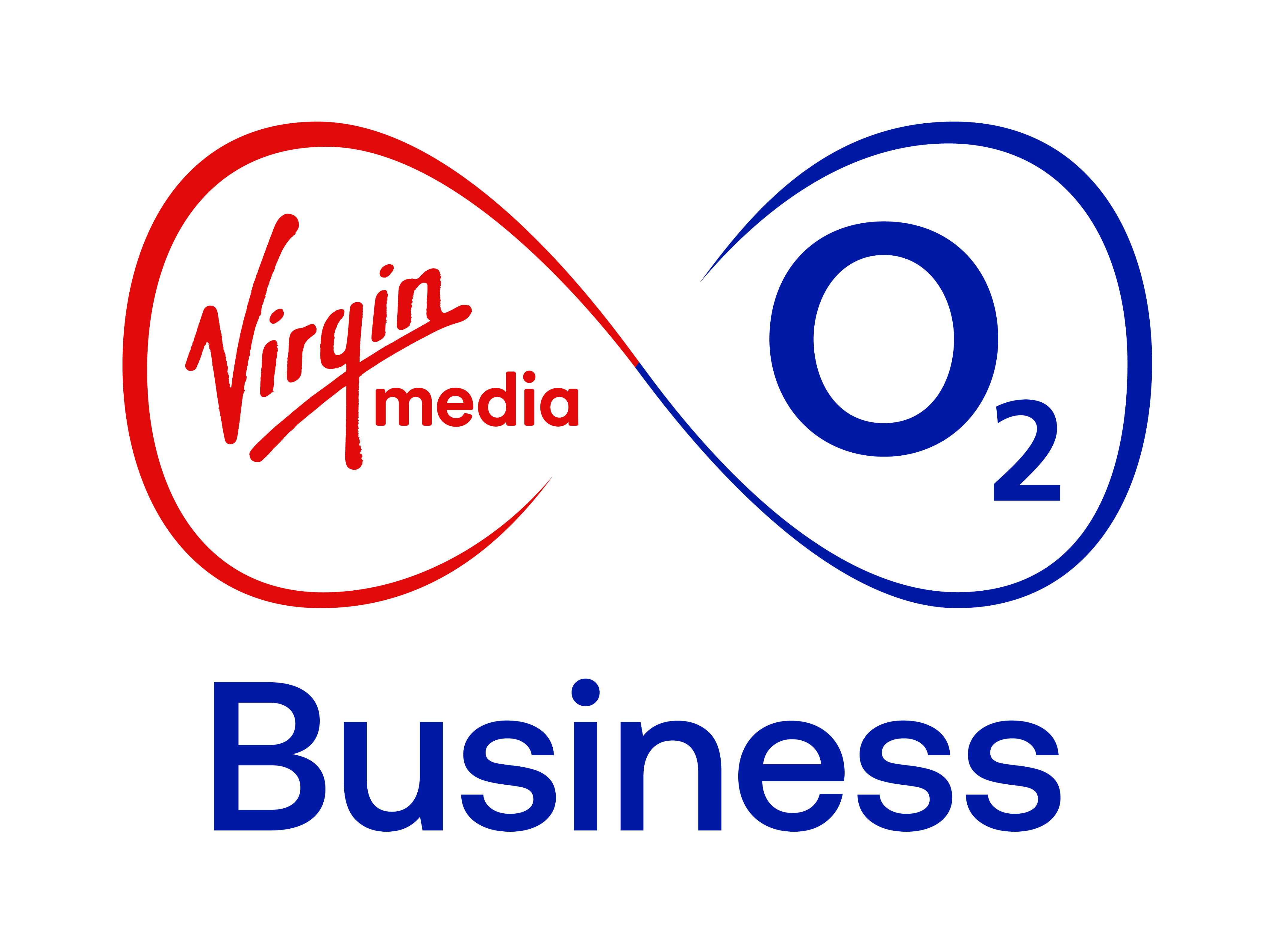
With technology already reshaping the ways we work, futurists such as Tracey Follows are exploring how these changes might impact you and your employees in exciting new ways.
Tracey’s predictions, which look at what the future of work might look like and how we get there, are helping businesses plan their digital transformation journeys.
But what do these advancements, such as in artificial intelligence and virtual reality, mean for your ESG (environmental, social and governance) strategy in 2024?
In a time of difficult economic strain, and amid increased pressure for tech investment, it can be all too easy to get distracted from making meaningful sustainability progress.
The key is to focus on the simple and incremental changes you can make to help you make the most out of new tech, and ensure you keep momentum on your ESG strategies.
So, what will sustainability progress look like this year?
Measurement will move from outlook to outcome
Currently, 90 per cent of senior business respondents say carbon transparency is important in their decision-making process, according to research recently conducted by Virgin Media O2 Business.
However, businesses should be able not just to measure their carbon footprint, but also to use their ESG data to make a difference for their employees and customers. After all, measurement is only the first piece of the puzzle.
Using that data to make informed decisions and build your business in a more sustainable way is crucial.
The first step is often ensuring your data is credible and verifiable so you can back up your environmental claims with trusted accreditation.
For example, our carbon calculator, which we offer on some of our most popular business solutions, is based on a model that has been verified by the Carbon Trust as conforming to the Greenhouse Gas Protocol Product Lifecycle Standard.*
The key is to start using your data to move beyond analysis to action. Use it to make more informed decisions to build your business with a more sustainable foundation and understand where to make smart improvements to your ways of working.
Successful businesses will lean more on their suppliers
At Virgin Media O2 Business, we’ve explored the importance of tackling issues such as e-waste, the fastest-growing waste stream in the world. And we know these aren’t issues that any one business can solve.
Businesses should look to take advantage of the resources already available to them and lean on their suppliers to help. Together you can make more effective sustainable strides by tackling issues across your entire supply chain.
Our mobile recycling scheme, for instance, is all about tackling the issue of e-waste. This scheme helps organisations reduce their e-waste and give back to communities by taking old devices and recycling them.
The initiative operates on a zero-landfill policy, so all phones will be reused, repaired or recycled. By the end of 2025, we will recycle 95 per cent of this waste responsibly.
Signing up to a scheme like this takes the pressure off, freeing you up to focus on business growth while being confident on progress in sustainability.
It’s also important to encourage cultural change within your organisation: for example, bolstering a cycle-to-work scheme with rewards for frequent users, or investing in wi-fi-enabled automatic switches to turn lights off and encourage employees to save energy.
These changes may feel small, but they add up. And they have the added benefit of taking your employees on the sustainable journey with you, ensuring as a collective you can make incremental steps forward to make a big difference.
Digital skills will be a must for every citizen
With technology advancing so rapidly, those without the equipment and digital skills to keep up face being left behind.
In fact, digital exclusion already affects more than 20 million people in the UK.
More than a third of people were unable to complete simple tasks like book a GP appointment online last year, and a third say a lack of digital skills has held back their earning potential, according to our research.
This year, businesses will need to take a more active role in closing the digital divide and ensuring that communities can gain access to essential online services.
It’s not just about ensuring that you can reach your customers and empower your employees, it’s because everyone has the right to access critical services.
So how can you become part of the solution?
Schemes are already out there working to tackle this issue. Our own tech donation programme lets organisations donate smartphones and mobile data to digitally excluded people in local communities when they enter a contract with us.
By handling the donation on our customers’ behalf at no extra cost, we take the pressure off while allowing them to prove their commitment towards their ESG goals.
And organisations such as the Good Things Foundation and Hubbub are also working to close the digital divide. We spoke to them about the importance of public and private sector collaboration to make a difference in our podcast episode, which you can listen to here.
Technology is reshaping the way we work. It’s not surprising if that feels a little overwhelming. But new advancements mean there are a host of new tools to enable businesses to make critical sustainability progress.
Ultimately, you should keep it simple and lean on the experts to help. That way, sustainability doesn’t have to feel like another item on the to-do list. Instead, it can help you unlock benefits for your business, your employees and your customers alike.
Ready to reach your sustainability goals faster?
Explore more of our research findings on our sustainability hub, or get in touch with one of our experts today.
* Model outputs do not constitute a verified product/organisation footprint.
[See also: How measurement can help turn businesses’ sustainability goals into action]



